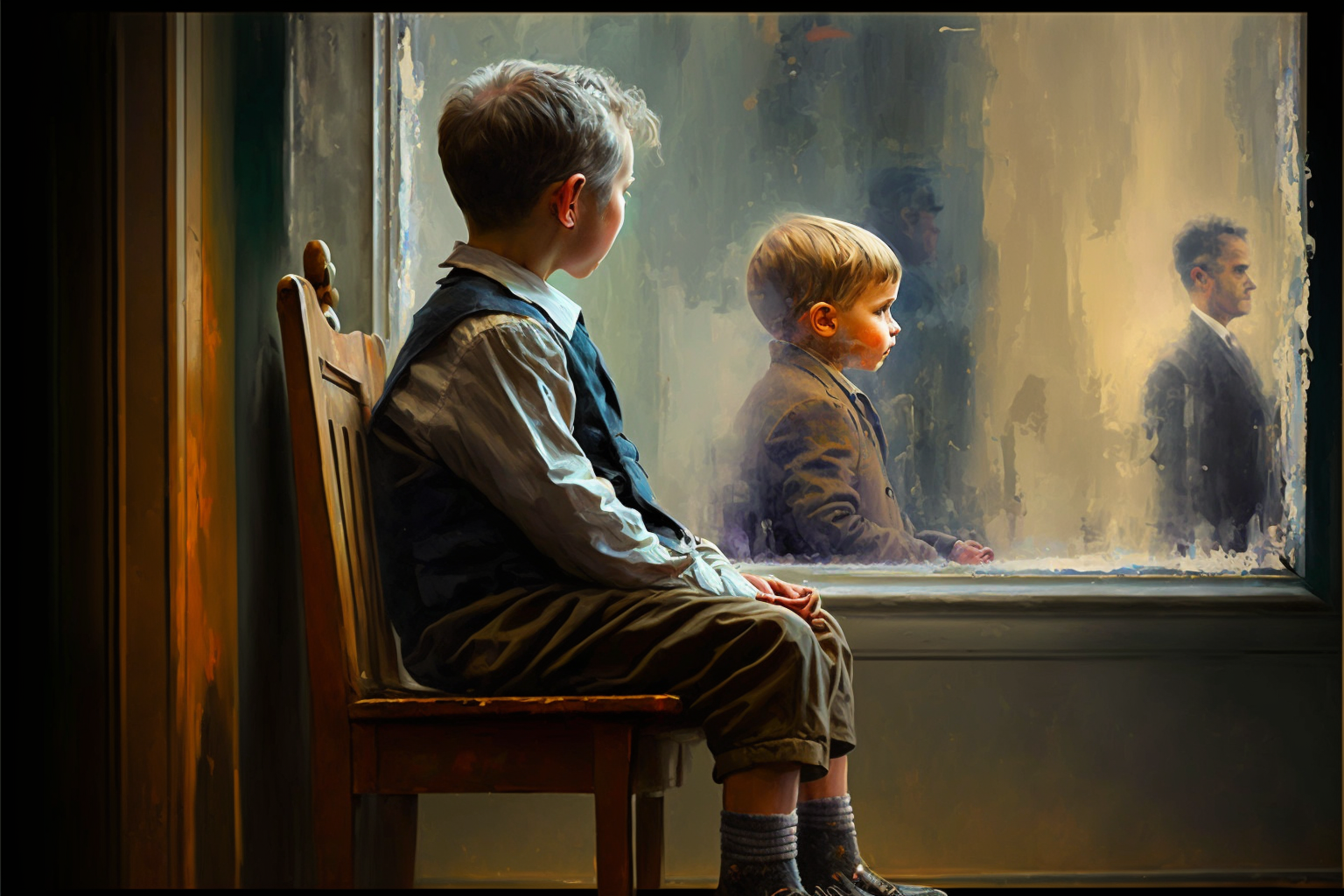We are shaped by our upbringing. Everything that we experience is through the lens through which we view the world, influenced by the major and minute variables of our environment. I have come to a point in my life where I can notice how my past affects the way I behave. I see the ways my upbringing shaped my personality and my desires, in both relationships and company. We make these sorts of observations about others very often. We’re not surprised when a problematic child is the son of a crack-addicted couple. We can understand why child celebrities don’t assimilate properly when they become adults. However, these are relatively trivial observations. When looking at your own life, there are likely a lot of subtle things about you that were heavily guided by childhood.
For instance, my argumentative side emerges like a shadow during heated debates, echoing the memories of my parents’ arguments from my childhood. My timid self emerges when asking for favors, fearing the possible rejection and rebuke I received as a child. It was during my freshman year of college that I came to grasp the extent of my low self-esteem, likely stemming from a lifetime of hearing comparisons to others. I notice that I don’t really know how to take or internalize compliments, which I did not hear very much of during my youth. It’s not all negative. Most of my academic ambition has been driven by my parents encouraging me to pursue invigorating competition and my friends’ competitive mindsets. I highly value conscientiousness from seeing the number of hours my parents poured into their work. However, I think the negative aspects stand out more (for better or for worse), as they can clearly point out how you deviate from the norm.
Looking at your own experiences, you can likely draw your own conclusions. Maybe a lifetime of abuse and neglect leads you to seek validation and support. If you found purpose in taking care of your younger siblings when you were in school, maybe you tend to do favors for your friends. You absorb your environment from the day you are born, and behaviors that might seem unusual to others might be your entire world. Many children go through rebellious phases as they develop. We can all imagine a kid yelling: “I’m going to treat my kids better than you treat me!” at her parents. But we can also imagine that same kid in the future thinking to herself that “I’ve become my mother.” In your worst moments, you tend to embody what you’ve known for your entire life. You might lash out at your friends or your child as your father did to you. You might do the things that you wish your parents never did to you. It’s because that’s what you’ve internalized: that in these situations, it is okay to do what your parents did. For generations, I can assume my ancestors beat their children when they behaved poorly, which is precisely what my parents did to me. And I can only pray I won’t continue that behavior.
Who Takes Responsibility?
One interesting thought I had the other day is: to what extent are your actions your own? An easy answer is: 100% of your actions are your own, but it’s not so simple, is it? We have established that you are shaped by your upbringing. So to what extent are you responsible for your upbringing? It’s been shown that children with a family history of criminal behavior are more likely to get involved with criminal behavior themselves. We are not surprised when a mass-sh**ter had an abusive childhood and got bullied in school. We can extrapolate to more concrete factors, like mental illness or personality type. For most criminals, we claim that they are responsible for what they did. We don’t send criminals’ parents to jail for their son’s actions. But, to some extent, their parents may be responsible for the way that they turned out, right? For people born with a disposition towards psychopathy, we still blame them for their actions. But, what’s the alternative? In most cases, you cannot attribute responsibility to anyone else. Outside of personal responsibility, there is no one else we can legally blame. To some extent, your fate will be controlled by the roll of a die.
This piece wasn’t for me to levy criticisms at my parents or childhood. No one is perfect. At the end of the day, your parents are just as human as you. And they will make mistakes as well. But, it’s important to understand yourself to see how you may be influenced by your past. The first step is self-awareness. From then, you can slowly free yourself from your past a forge a future that you choose to define.
A great video about why we love people who hurt us:
